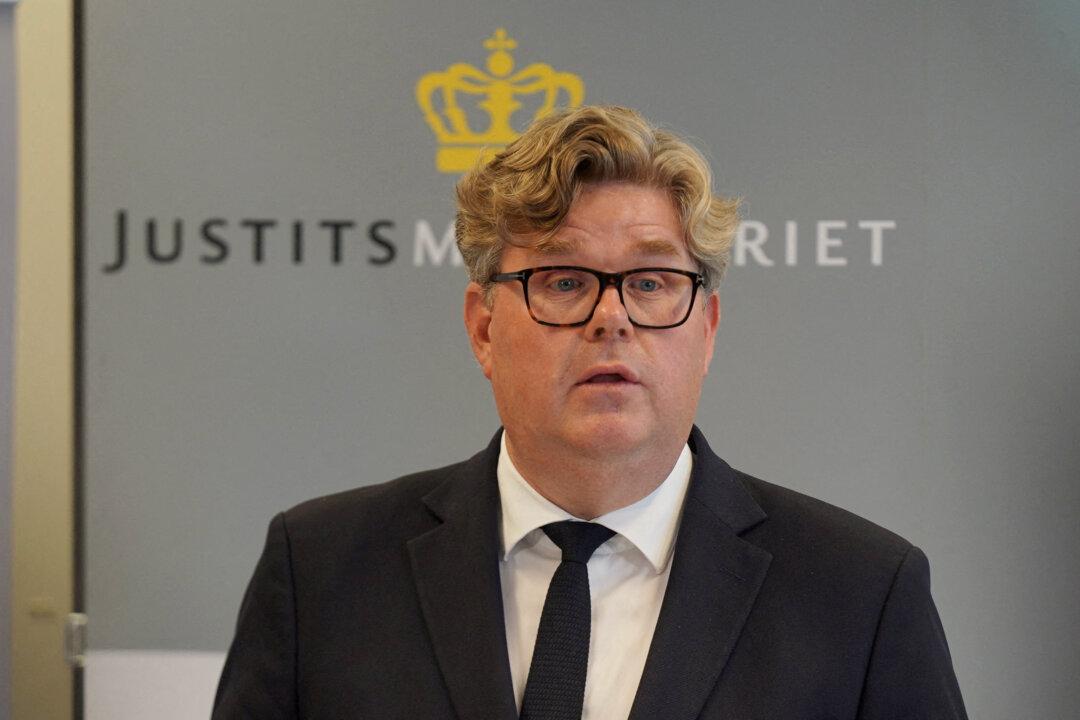Sweden is preparing to change its constitution to be able to remove citizenship from those deemed a “threat to the state,” its government said on Jan. 15.
Sweden has radically tightened its once-liberal migration policies because of the vast numbers of immigrants it has taken in over the past two decades, which the government says has led to parallel societies and gang violence.





